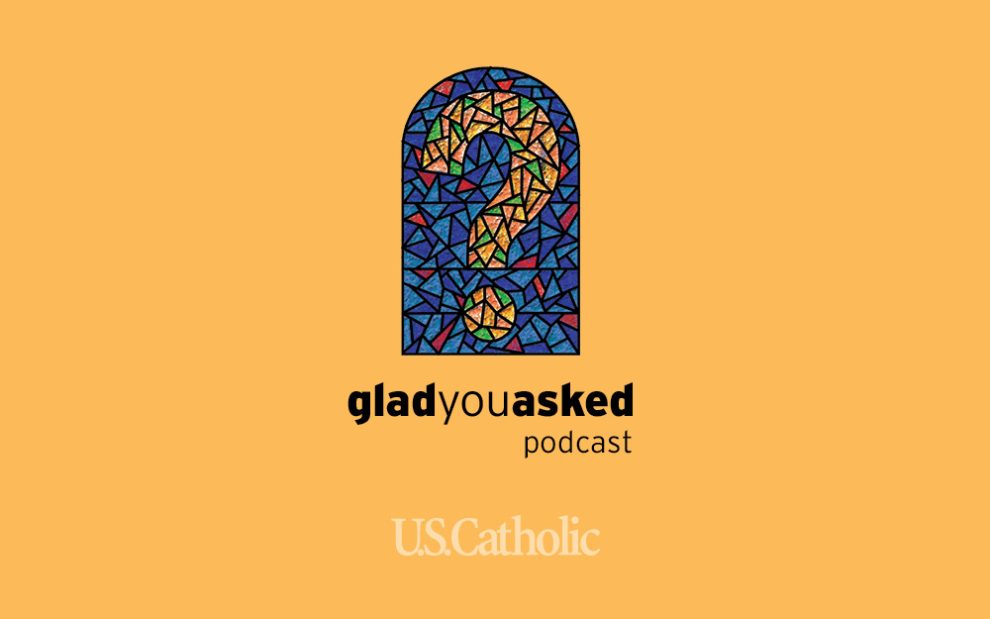In February of 1300, Pope Boniface VIII, in the papal bull Antiquorum Habet Fida Relatio, declared the first-ever Catholic Jubilee Year. Anyone who made a pilgrimage to the tombs of the Apostles Peter and Paul in Rome, and who repented and confessed, would receive “the fullest and broadest pardon for all sins committed,” Boniface proclaimed. One of the thousands of pilgrims who journeyed to Rome that year was the painter Giotto, who created a fresco commemorating the event. Another was the poet Dante Alighieri, who references the Jubilee in his Divine Comedy—ironically, this appears in Canto 18 of Inferno, where he compares the movement of the damned along the eighth circle of hell to the Roman method of traffic control during the Jubilee.
The jubilee tradition goes back far further, however, originating in Judaism, before Christianity had even begun. In the Israelite tradition, the jubilee was associated with things like forgiving debts, freeing enslaved people, and other concrete gestures of material justice. In the Catholic tradition, however, the Jubilee focuses not on debt forgiveness but on forgiveness of sins.
On this episode of Glad You Asked, the hosts talk with scholar Dean Dettloff about the origins of the Jubilee Year, its significance in the Catholic tradition, and whether there is any likelihood that the Catholic Jubilee will recover its ancient tradition of concrete liberation. Dettloff is the Research and Advocacy Officer for Development and Peace–Caritas Canada. He holds a Ph.D. in philosophy from the Institute for Christian Studies in Toronto and the Vrije Universiteit Amsterdam, where he also teaches as sessional faculty.
You can learn more about this topic, and read some of Detloff’s work, in these links.
- What Is a Holy Year?
- “This Jubilee year, be open to the gift of hope,” by Alice Camille
- “Take action against mass incarceration this Jubilee year,” by Alessandra Harris
- “Canada must lead global debt cancellation, like it did 25 years ago,” by Dean Dettloff
- “Mourning a Pope We Often Ignored,” by Dean Dettloff
- “A May Day Saint,” by Dean Dettloff
Glad You Asked is sponsored by the Claretian Missionaries.














Add comment